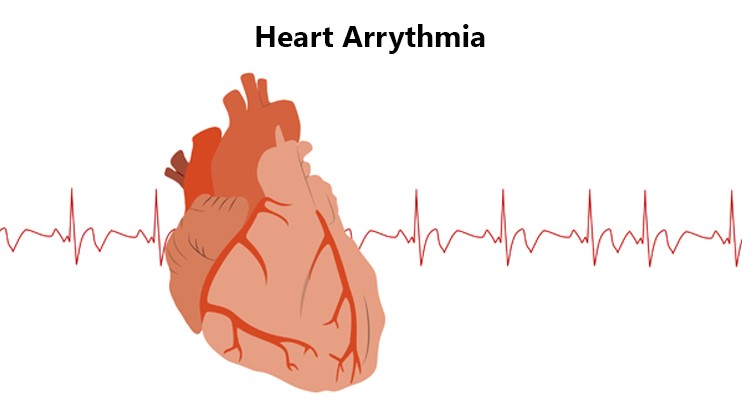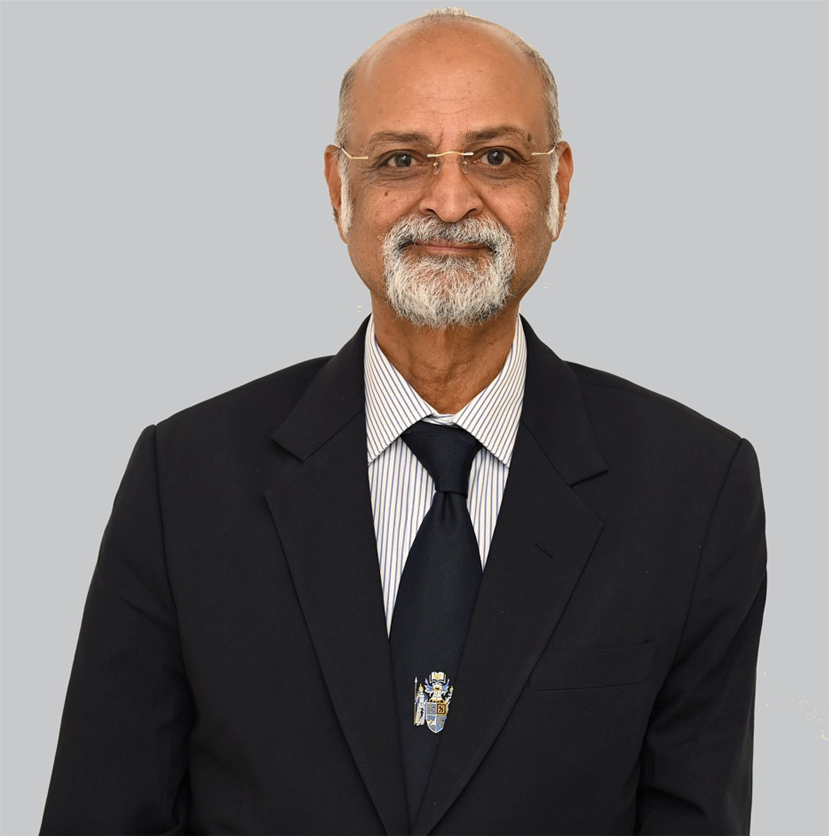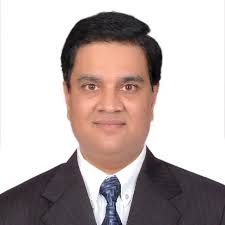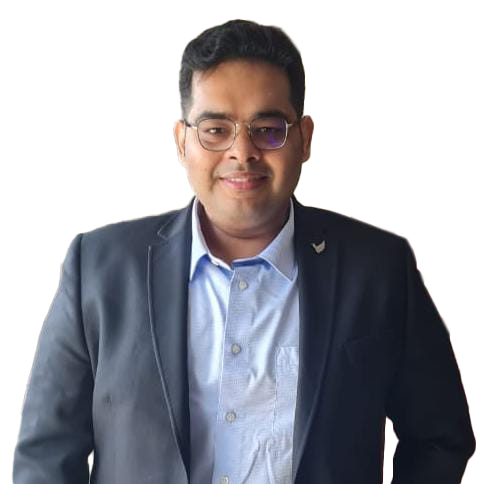Padam Shri Dr Balbir Singh shares insight on ways of preventing Arrhythmia
On the occasion of World Heart Rhythm Week, Padam Shri awarded Dr Balbir Singh, Chairman of Cardiology; Pan Max Healthcare has conducted a press session to raise awareness of Arrhythmia's symptoms and suggested ways to


On the occasion of World Heart Rhythm Week, Padam Shri awarded Dr Balbir Singh, Chairman of Cardiology; Pan Max Healthcare has conducted a press session to raise awareness of Arrhythmia’s symptoms and suggested ways to prevent and cure it.
An arrhythmia is a disorder that affects heartbeat rhythm, which means the irregular pattern of your heartbeat or pulse. When the heart beats faster than normal, it is called tachycardia, and when beats go down than normal, it is called bradycardia.
During this conference, Dr Balbir stated, “Most of the people are unaware of Heart Rhythm Disorder, which indeed makes it more pervasive in India. Arrhythmia isn’t linked to any particular age group, but the young populace is more prone to this cardiac disease due to the sedentary and unorganised lifestyle. Obesity, alcohol, smoking, hypertension, diabetes, etc, make people more vulnerable to Arrhythmia.”
While briefing about symptoms, Dr Singh said, “A way to detect the uneven rhythm is when the heart pulse reaches 160-170 or may exceed 200. In such a situation, positive changes in lifestyle are most recommended. Healthy food habits with reduced consumption of fat, sugar, cholesterol, smoking and alcohol can ward off the threats of arrhythmia to a great extent.
He also apprised that the treatment of sudden cardiac arrest is available in different parts of India, especially in Delhi and the southern part of the country”.
On the recent developments and upcoming healthcare practices pertaining to Arrhythmia treatment, Dr Singh said, “With an incessant transformation in technology the benefit is engrossed by randomised control trials and scientific data. Currently, France and Netherlands are conducting trials with amalgamating implantable chips which indeed will record ECG and significant symptoms. If the situation worsens, the chip will be activated and the control room will be notified regarding the problem, which later alerts the ambulance to be at the spot and treat an individual accordingly.”
When asked about the cost of the treatment, he replied, “There is no standard pricing for the treatment, varies from INR 10,000 to 10 Lakhs depending on the technology applied to treat the patient.”






